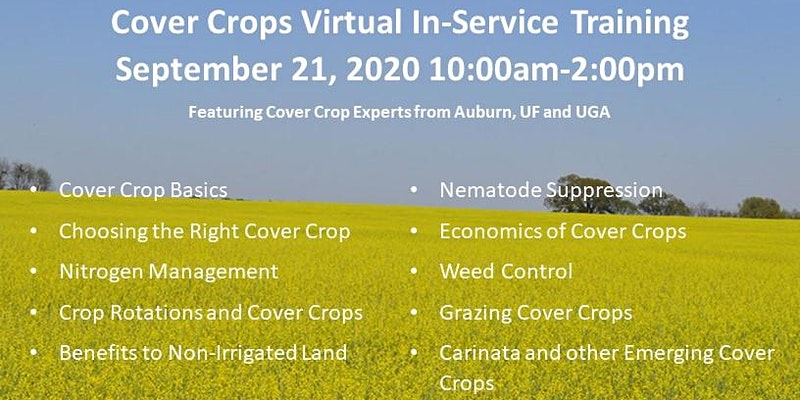Events
-

The next webinar to be offered by the Georgia Climate Project is coming up on Wednesday, October 28, from 11:00 am to 12:30 pm ET. You can find more information below. To register, visit https://zoom.us/webinar/register/WN_aM8nsHoTRTuuay1UqDBJZQ.
-
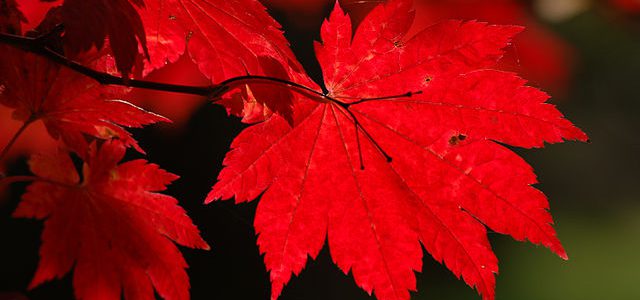
On Tuesday at 10 am EDT, the Southeast Climate Monthly Webinar will present information on the current state of the climate, including drought, tropical weather, and impacts on water supplies and agriculture. This month also includes a fall foliage update. You can register and join the webinar at https://register.gotowebinar.com/rt/1287144793876293389.
-
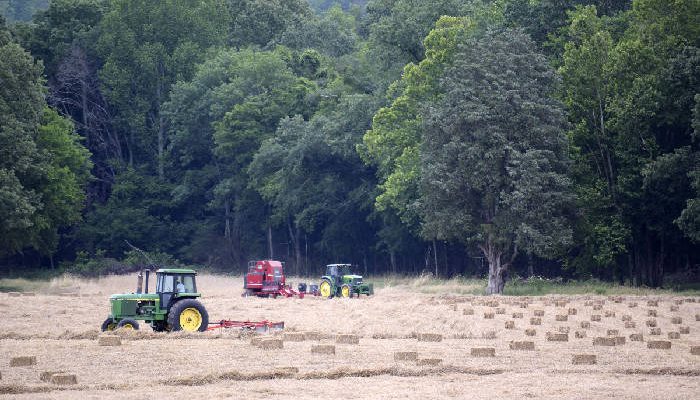
Short Survey on Flash Drought NIDIS is partnering with the National Drought Mitigation Center (NDMC) on a short survey to better understand how flash drought is perceived by drought managers and decision makers as well as within the research community. In addition, this survey will explore perspectives on responding to and managing flash drought, including…
-
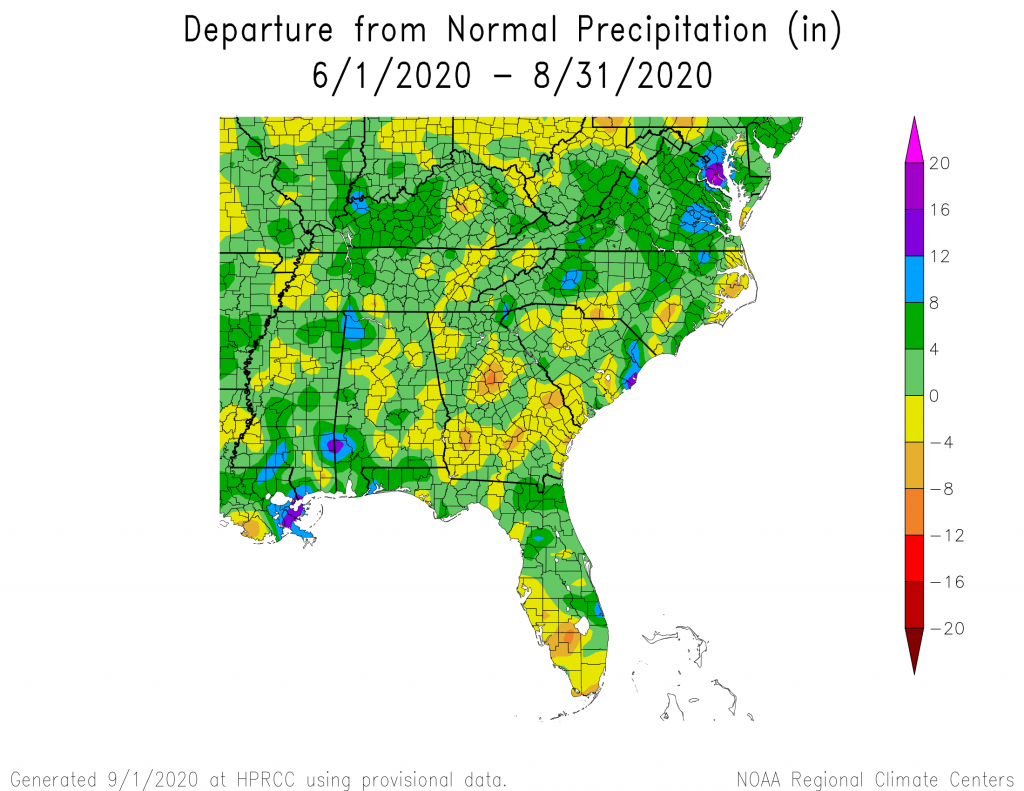
UPDATE: View recording at https://www.youtube.com/watch?v=h7tGOXzE0II. Join us for the Southeast Climate Monthly Webinar! These webinars provide the region’s stakeholders and interested parties with timely information on current and developing climate conditions such as drought, floods, and tropical storms, as well as climatic events like El Niño and La Niña. Speakers may also discuss the impacts…
-
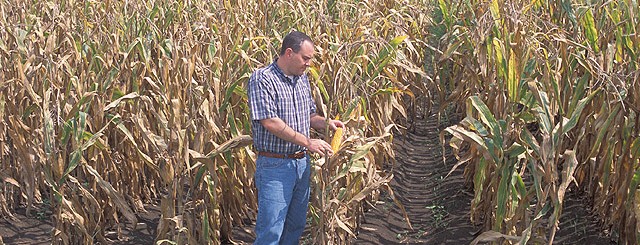
Weather-Ready Farms: An Extension Resilience ResourceMonday, August 24, 2020 from 1-2PM CT Register Here. The University of Nebraska Extension has developed a program in which farmers are certificated at different tiers for their use of practices science knows to promote resilience to extreme weather events. This webinar will include a discussion of the development of…
Posted in: Events -

Join us for the next UGA Extension Webinar as our experts discuss how to prepare your family, home and workplace this hurricane season! LIVE via Zoom (https://zoom.us/j/96725589169) on Thursday, August 13 at 10:30 a.m.
